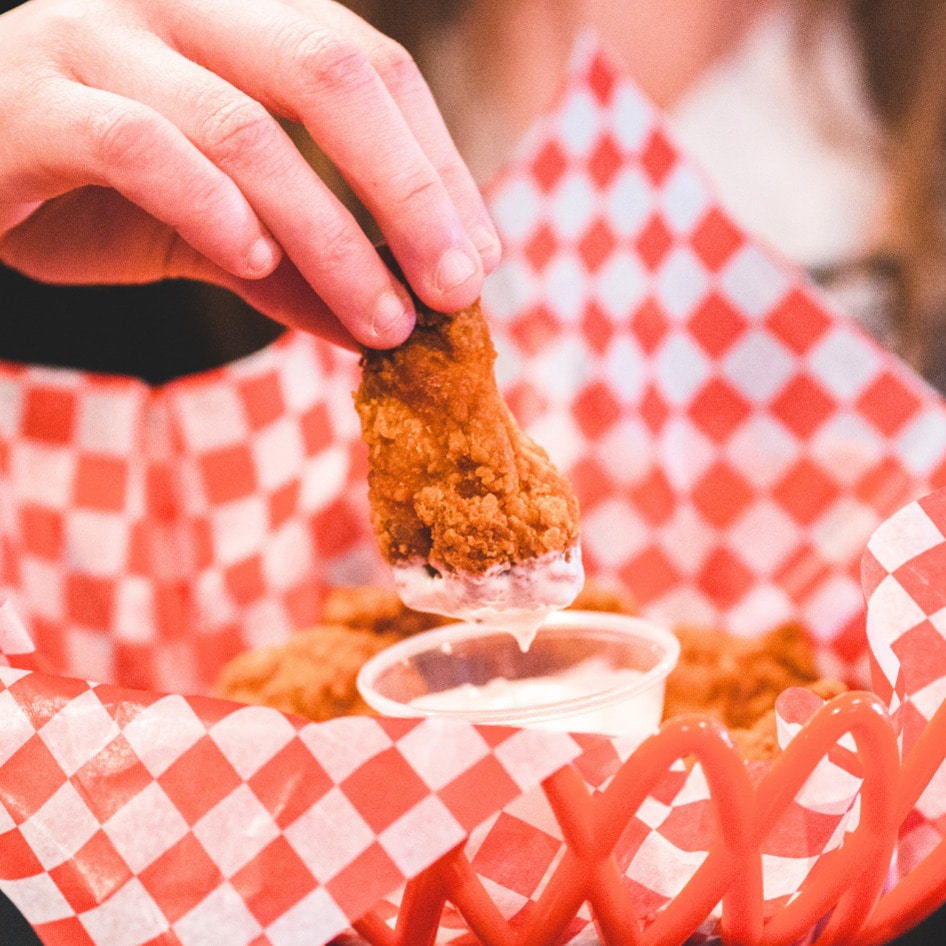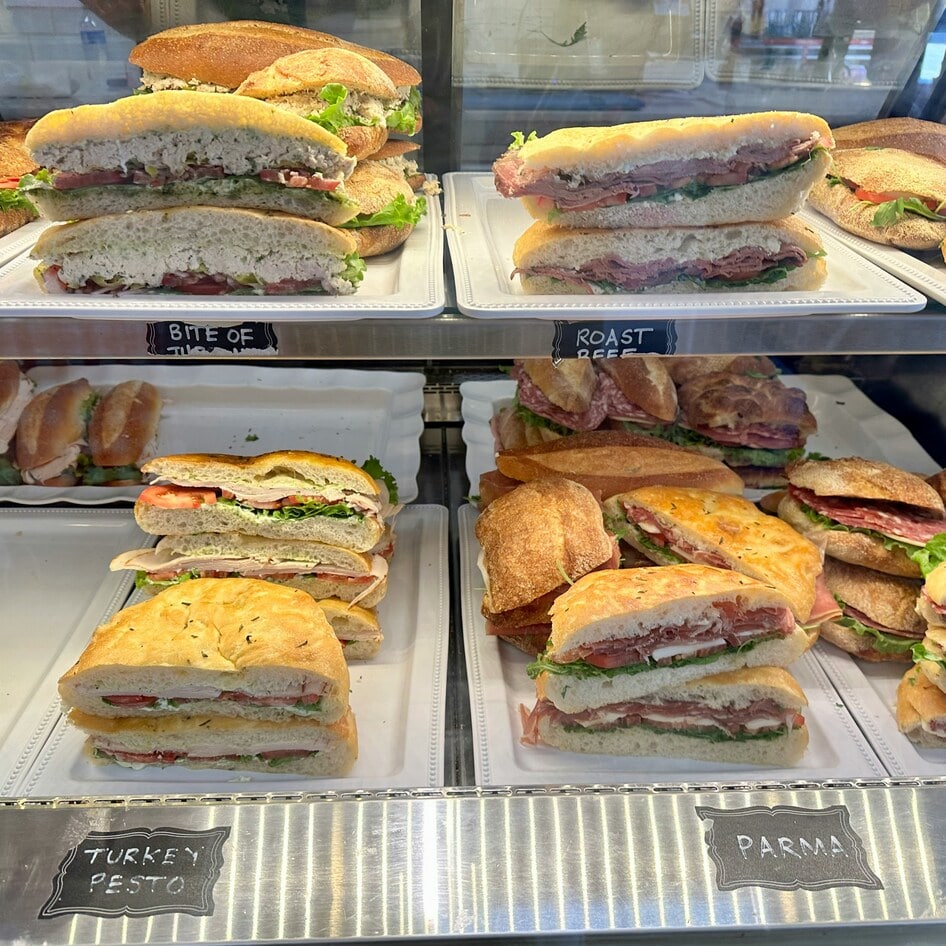When women are primed with images of baby animals, their appetite for the meat produced from them decreases, according to new research. Lancaster University psychologists Jared Piazza and Neil McLatchie, and University of London researcher Cecilie Olesen, presented a group of participants with images of prepared meat dishes—and the baby animals from which they were made (including calves, lambs, piglets, and kangaroo joeys). “We found that both men and women find baby farmed animals to be cute and vulnerable, and experience feelings of tenderness and warmth towards them,” Piazza stated. However, female participants reported to be much less inclined than men to eat the meat dish when primed with baby-animal images. Piazza explained that women, both genetically and through social conditioning, are predisposed to be “more attuned” to sympathizing with both human and non-human babies. “Meat is associated with masculinity and images of tough men who consume meat for muscle-building protein, along with prehistoric ideas of the male as hunter,” Piazza explained. “Women have a much more ambivalent attitude towards meat, and their identity is not bound up with it in the same way. “In a follow-up study, researchers presented participants with a photo of a beef dish—paired with either the image of an adult cow, a calf, or no image at all—and found that only the calf image had a negative impact on how appetizing participants found the dish. “Our results highlight a tension within some omnivores between caring for baby animals and appetite for meat,” Piazza concluded.
JUMP TO ... Latest News | Recipes | Guides | Health | Subscribe







